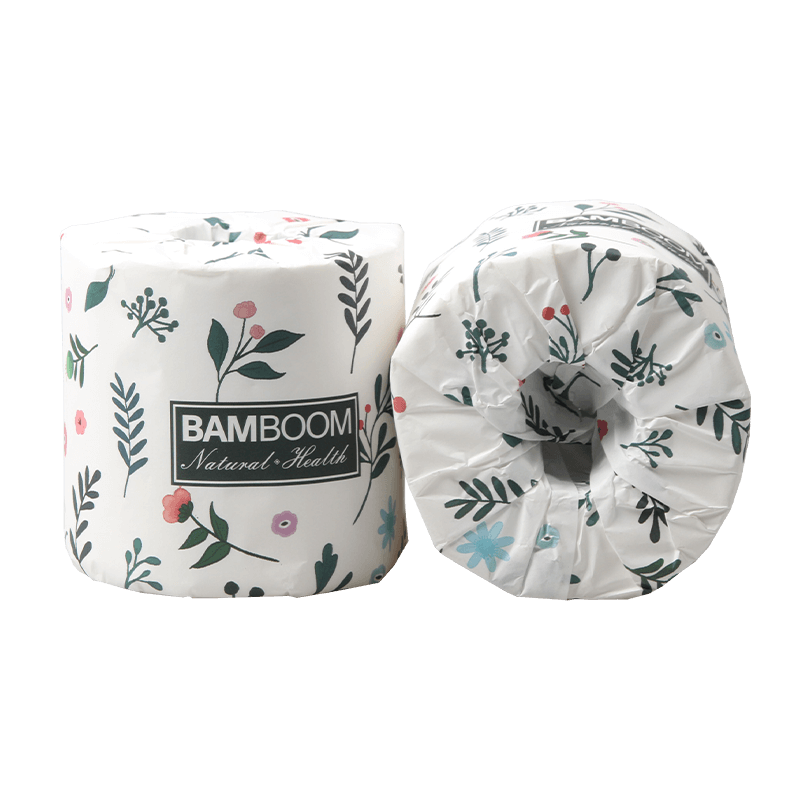Custom and Private Label Demands for Toilet Paper Manufacturers
The toilet paper manufacturing is undergoing a dramatic shift as businesses and consumers increasingly prefer custom and private label products. Toilet paper manufacturers are adapting to this change by offering tailored solutions from custom packaging to exclusive formulations for their products, catering to brands, retailers and direct-to-consumer businesses. This article delves into the factors driving this demand, the advantages of custom and private label toilet papers and how manufacturers can capitalize on these growing demands.
Why Custom and Private Label Services are in Demand for Toilet Paper Manufacturers
1. Shifting Market Dynamics in the Hygiene Industry
The toilet paper industry was which was once dominated by mass-produced and undifferentiated products, is now undergoing an evolution. Both businesses and consumers are now seeking more personalized quality, eco-friendly, and high-end toiletries. To meet this demand toilet paper producers are seeing an increase in demands for customisation as well as private label products. This trend is changing manufacturing methods and encouraging new ideas in packaging, materials, and even branding.
2. Establishing Brand Identity by using Private Labeling
Private label services allow businesses, particularly retailers, hospitality groups, and emerging e-commerce brands, to sell toilet paper under their own brand name. This is especially appealing to people who want to create an identity for their business without having to invest in their production facilities. Private labeling allows companies can manage everything from the design of their products to customer communication, creating more brand recognition and loyalty.
3. Customization for Differentiated Consumer Experiences
Beyond branding, customization is an opportunity to customize the product. Customers are becoming more looking for specific characteristics like sheet size or ply count, levels of softness, or even scents. Some prefer embossed designs or lotion-infused versions some prefer biodegradable or plastic-free packaging. These options for customization aren’t only aesthetic, they are also in line with the customers’ values and standards and make their toiletries they buy reflect their lifestyle preferences.
4. Eco-Conscious Choices Driving Product Development
Sustainability is one of the main drivers in the increasing demand for customization. Many customers are searching for eco-friendly products such as recycled toilet paper or bamboo toilet paper, which will reduce environmental impacts. Companies that provide these options through custom manufacturing partnerships can be more appealing to buyers who are conscious of the environment. For paper producers who manufacture toilers this means adjusting the supply chain and manufacturing processes to incorporate environmentally friendly materials and methods of production.
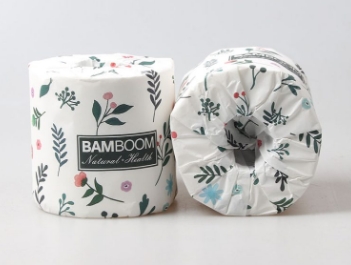
5. E-Commerce and Subscription Brands Driving the Development
The increase in direct-to-consumer products or subscription-based ones has increased the demand for custom Toilet paper items. These companies usually create their brands around stories and aesthetics, focusing on sustainable sourcing, eco-packaging and high-end quality. Companies that offer customizable, small-batch production and quick turnaround times are crucial suppliers for these expanding businesses.
6. Enhancing Guest Experience in Hospitality
Hotels resorts, airlines, and hotels are increasingly utilizing customized toilet paper to ensure the same branding across all interactions. Through embossed logos or elegant packaging, or enhanced softness, customizing toilet paper creates a luxurious and cohesive customer experience. Toilet paper producers that provide this level of personalization are now essential partners in the hospitality industry.
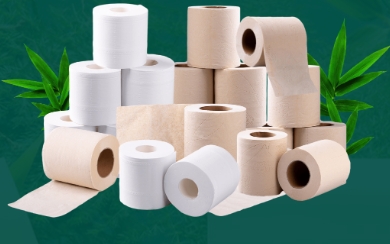
How Toilet Paper Manufacturers Meet the Custom and Private Label Demands
Consumers are seeking more personalized products for their hygiene and businesses strive to create distinctive brands. Toilet paper manufacturers are changing their strategies to offer quality, flexible and environmentally sustainable products. To meet these demands, they require an array of cutting-edge manufacturing techniques, customized product development and cooperative customer relationships.
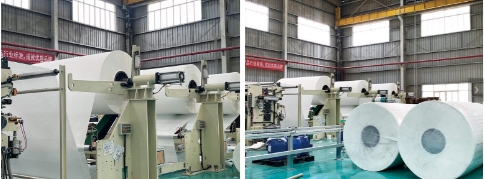
1. Understanding the Scope of Customization and Private Labeling
The customization of toilet paper production extends beyond branding on the surface. Customers are now expecting a full customization experience that incorporates specific specifications for the product like sheets size, ply count and roll diameter and softness level embossing and the option of fragrance. Private label arrangements are where businesses ranging from hospitality chains to subscription- based brands – want the product to reflect their values, brand branding, and the expectations of their customers.
Toilet paper manufacturers respond by offering customized products that meet these diverse needs. If it’s creating sustainable toilet paper made of bamboo fiber, or making soft luxury rolls for hotels with a boutique feel They ensure that every solution is in line with the customer’s needs.
2. Advanced Machinery and Flexible Production Lines
To meet the demands of such a variety companies are investing heavily in advanced and flexible toilet paper production equipment. High-speed conversion lines, digital printing systems and automated embossing machines allow quick changes to the specifications of products and branding elements. These systems enable toilet roll manufacturers to change between private label orders quickly without compromising quality or time to lead.
Digital printing, particularly it plays an essential role in personalised packaging. It allows manufacturers to print small-batch wrappers and boxes that have high accuracy and quick turnaround, which is ideal for startups and other niche markets.

3. Sustainable Sourcing and Eco-Friendly Options
Environmental awareness is changing consumer expectations across all sectors and the toilet paper industry is no different. Toilet paper manufacturers are using eco-friendly materials, like bamboo fiber, recycled pulp and chlorine-free papers, to satisfy the growing demands for eco-friendly hygiene products. Plastic-free and biodegradable packaging is also an essential element of many custom orders.
To meet this demand, toilet paper manufacturers purchase sustainable raw materials and alter the supply chain to emphasize sustainability. Some have even embraced carbon neutral methods to appeal to eco conscious companies.
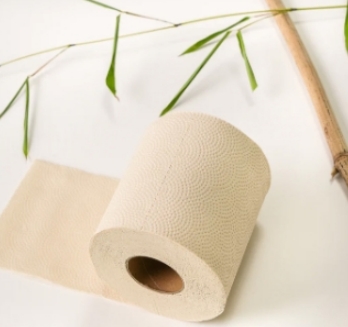
4. Product Development and R&D Support
High-end custom products require dedicated teams of product development. Toilet tissue paper manufacturers frequently work with their clients to determine their particular goals and the market position. They can provide R&D assistance for areas such as texture design and optimization of softness durability testing, the development of new materials. The collaboration efforts will ensure your product will not just distinct in appearance, but also efficient in its performance.
5. Scalable Solutions for Small and Large Orders
Private label clients differ in size, from multinational grocery chains with large volumes of orders to direct-to-consumer brands that want to produce small, regular batches. To meet the needs of both markets, toilet paper manufacturers can offer flexible production solutions. This could include variable minimum order quantities and modular production scheduling and semi-automated packaging lines which can accommodate both mass production and limited-edition production runs.
In adopting this model of scalability manufacturing companies are still able to access new brands, while they continue to provide larger, longer-term contracts.
6. Logistics and Branding Integration
Logistics and packaging are crucial to providing the complete private label service. Toilet tissue manufacturers offer end-to-end solutions that include custom branding, packaging design, labeling barcoding along with supply chain coordination. When selling products through online platforms, specific requirements like drop-shipping, retail-ready packaging and tamper-proof seals are usually included.
A robust logistics infrastructure makes sure that the delivery dates are met, no matter if the product is shipped local or international.
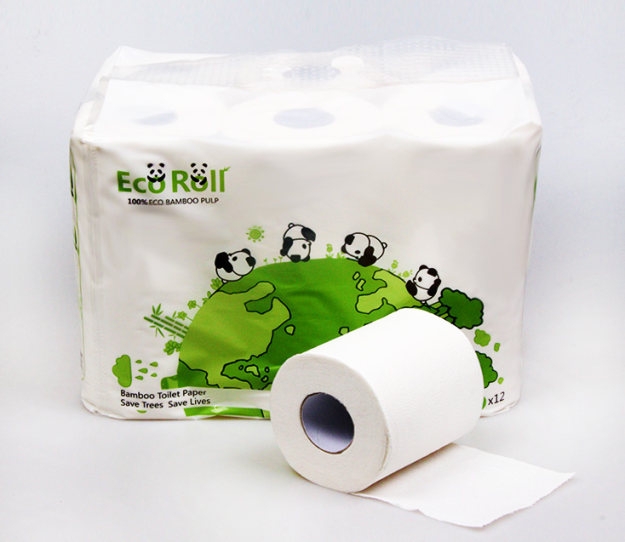
Key Trends in Customized Toilet Paper Manufacturing
| Trend | Description | Impact on Toilet Paper Manufacturers |
| Eco-Friendly Materials | More use of bamboo fibers and recycled pulp or other alternative tree-free options | This requires an investment in sustainable raw materials sourcing and certification |
| Smart Packaging Solutions | Integration of QR code, NFC tags and recycled materials | Encourages innovative packaging design as well as customer engagement tools |
| Low MOQ Custom Orders | Small-batch custom runs are in high demand from small-scale brands | Supports flexible production systems as well as modular manufacturing lines |
| On-Demand Personalization | Printing that is personalized (e.g. names and corporate branding, events) | Facilitates the adoption of short-run conversion technology |
| Luxury Segment Growth | Rise high-end, ultra-soft, luxurious, toilet paper infused with lotion. | Encourages carbon tracking, eco-labeling and transparency in the supply chain |
| Private Label E-commerce Expansion | Development in direct-to-consumer brands and White-label Online Retailers | Strong branding support is required and logistical solutions that are direct and efficient. |
| Sustainability Transparency | Consumer demand for visible environmental impact data | Encourages carbon tracking, eco-labeling and transparency in supply chain |
| Regional Customization | The ability to tailor toilet paper to the region’s softness, size and preference for texture | Needs to conduct market research in regional markets and production flexibility |
| Subscription B ased Models | Additional brands are offering scheduled delivery services | Helps streamline packing, forecasting of orders and fulfillment systems |
| AI-Driven Production Optimization | Utilizing AI to identify patterns and coordinating custom orders | Manufacturers are urged to improve the packaging’s aesthetics and softness. |
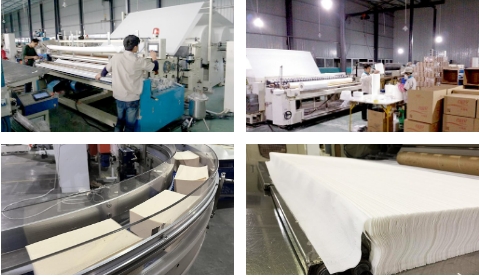
Final Thoughts
The demand for custom and private label in toilet paper manufacturing is becoming a standard in a rapidly changing market. Toilet paper manufacturers that make investments in flexible manufacturing processes, sustainable sourcing of material and customized services will be the best equipped to capitalize on this expanding segment. As consumer preferences continue to evolve and the collaboration between brands and innovative manufacturers will reshape the next phase of toilet paper production.

